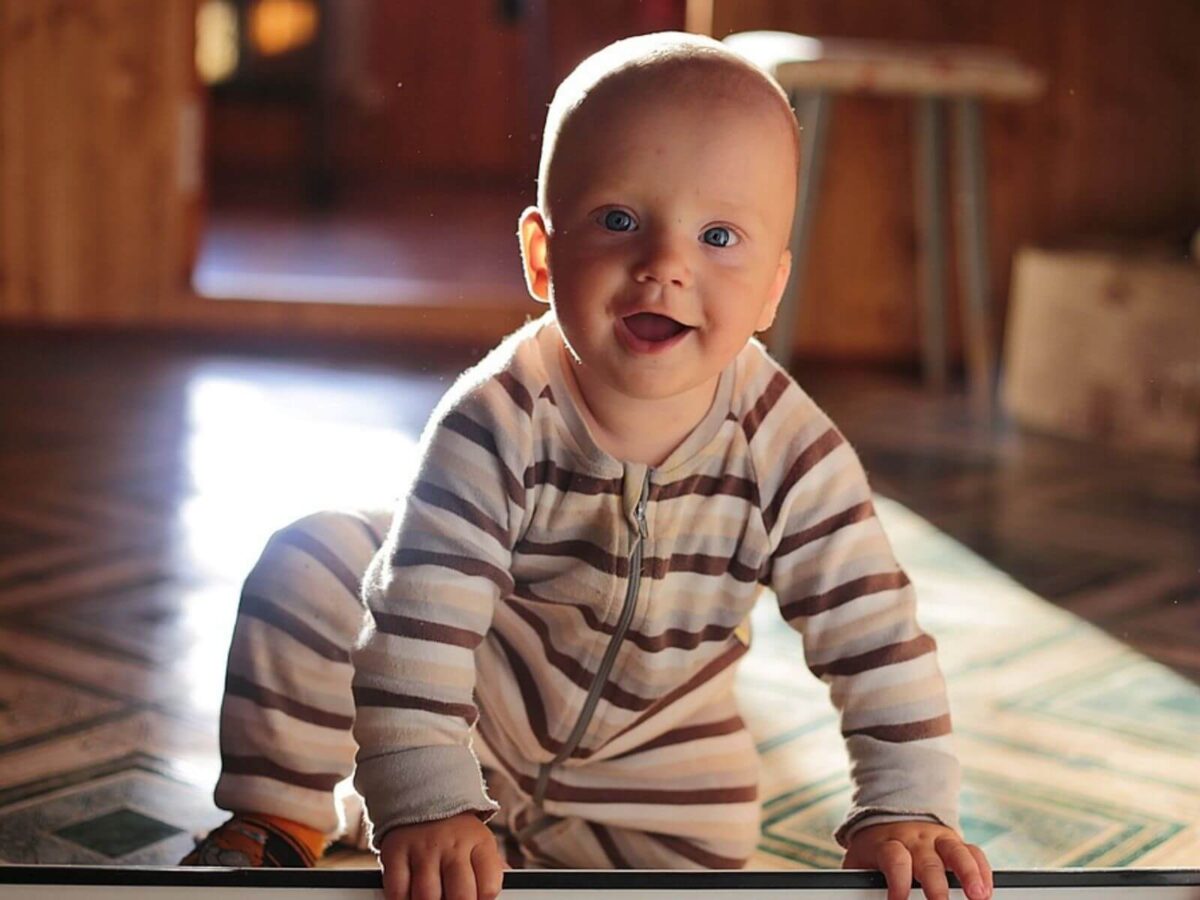Blog
Dental hygiene tips for healthy teeth & gums

Teething: Common Symptoms And How To Relieve Discomfort
When their teeth erupt through their gums, some infants experience teething syndrome, also known as “teething.” Children starting between the ages of six and twelve months begin to have their baby teeth. A kid should have their first set of twenty teeth at three years of age.
Once they have teeth, a child will be able to consume more foods; yet, getting there can be challenging for the parent as much as the child. Some symptoms, as mentioned by Mathis Pediatric Dentist, indicate it is time to call the doctor.
We have also covered some things you can do to help your child feel better during the procedure. Read the complete article and ask your queries through comments for more details.
Common Teething Symptoms in Babies
Mathis Pediatric Dentist suggests a few symptoms your kid may experience while teething. Solutions to these problems have also been covered so that you can take care of your kid during these difficult times.
Getting Angry Frequently
The teeth coming through the gums are painful and make your kid angry. Most of the time, the front teeth and back teeth hurt the most. How may an angry infant be calmed down? Hug, snuggle, love!
Babies all need some care and love, whether they are developing or struggling. Making your kid feel safe and comfortable will assist in reducing their suffering and spending more time with them.
Drooling and Skin Rashes
Many kids drool a lot, and teething can make them drool more. How to stop your baby from drooling: If your baby drools too much, the extra germs in the saliva can get on their skin and cause a rash around their mouth, cheeks, chin, and neck.
Wipe the area down every so often to keep it as clean and dry as possible. Applying a simple protective cream can help dry, cracked, and painful skin.
Light Coughing
Teething can make your kid cough or gag because your body produces more saliva. Call your baby’s doctor if the cough lasts longer than a few days or comes with a high fever and other signs of a cold or flu, as it may be caused by some other infection, not just teething.
Biting and Gnawing
If your kid bites down on almost anything, the opposite pressure can help relieve painful gum pressure. Anything cold works great for your baby’s biting and chewing that needs help!
Mathis Pediatric Dentist suggests freezing baby food pouches with water in them to make fruit and vegetable treats. Store-bought teething toys, like chew beads and teething rings, can also help, especially when they are cold or frozen.
Low-grade Fever
A fever of 98 to 100 degrees Celsius can be caused by a variety of factors. If the baby places their unclean hands in their mouth, germs can spread.
If your baby’s temperature remains above 101 degrees for an extended period of time, it is conceivable that he or she is experiencing a more serious medical emergency rather than growing.
Use a pain reliever appropriate for your child’s age. Check with your baby’s doctor or the label to see how much to give.
Pulling Cheeks and Ears
It happens because of gum pain that can spread to the cheek and ear, especially when the back teeth come in, and babies will rub those spots. If you pull or rub your ears, that can also mean you have an ear infection.
If your child acts up for a long time or has a fever, you should call their doctor. If the pain is getting worse, use a clean finger to rub and massage their gums for one to two minutes.
Diarrhea
It happens because of gum pain that can spread to the cheek and ear, especially when the back teeth come in, and babies will rub those spots. If you pull or rub your ears, that can also mean you have an ear infection.
If your child acts up for a long time or has a fever, you should call their doctor. If the pain is getting worse, use a clean finger to rub and massage their gums for one to two minutes.
Conclusion: Teething Discomfort Solutions By Mathis Pediatric Dentist
Teething is a normal part of a baby’s growth and development. Parents often worry about the process because it hurts and makes them feel bad. Know that your child’s teething symptoms will go away in time.
If you maintain good oral care, your child will eventually have healthy teeth. Talk to Mathis Pediatric Dentist or your family doctor about any specific worries or long-lasting pain. With proper guidance, you can easily combat this.


